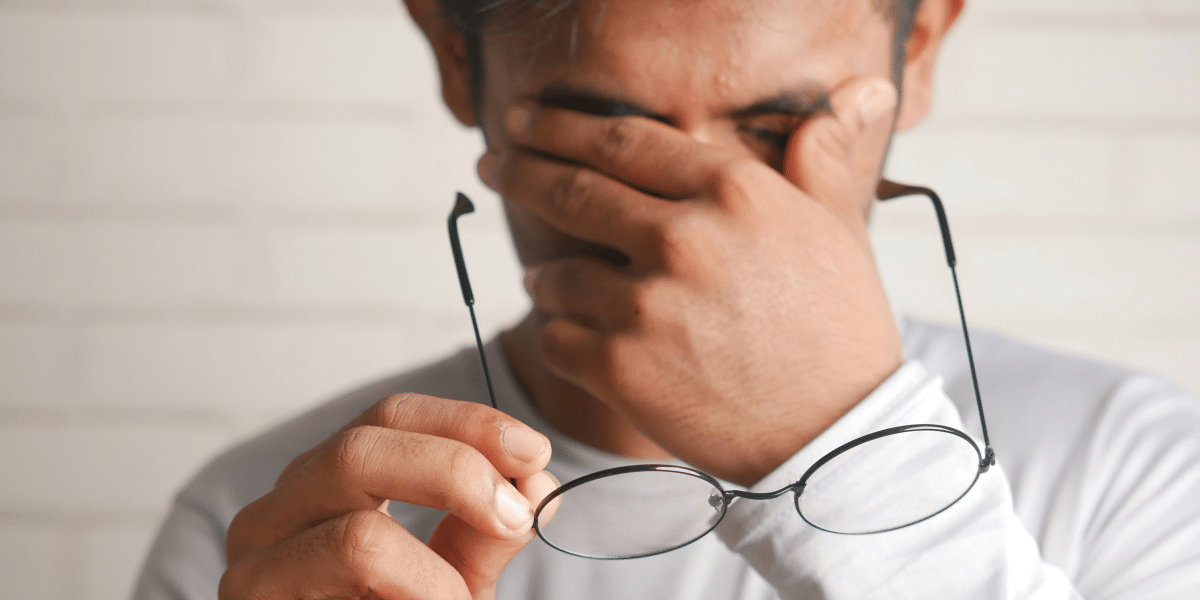As the years pass, the human body undergoes numerous changes. Vision, which many take for granted in their youth, can deteriorate with age. Taking care of one’s eyes becomes increasingly important to maintain quality of life. The aging process can bring about a range of eye-related issues, from minor inconveniences to serious conditions that could lead to permanent vision loss. This highlights the need for regular eye care and attention to eye health, particularly as people grow older.
Eye See You
Eye care professionals, including optometrists, ophthalmologists, and LASIK doctors, often emphasize the importance of preventive measures. Routine eye exams, proper nutrition, and protecting the eyes from environmental hazards can make a significant difference in maintaining good vision. These efforts should begin early in life but become even more crucial as age-related changes start affecting eyesight.
Age-Related Eye Conditions
Aging is a significant risk factor for various eye diseases and conditions. Some of these develop gradually and might go unnoticed until significant damage has occurred. Being aware of common age-related eye conditions and taking preventive steps can help reduce their impact on vision.
Cataracts are one of the most common age-related eye issues. They occur when the eye’s natural lens becomes cloudy, causing blurred vision, glare sensitivity, and difficulty seeing in low-light conditions. By age 80, more than half of all Americans either have cataracts or have undergone cataract surgery. While cataracts are a natural part of aging, regular eye exams can help detect them early, allowing for timely intervention through corrective lenses or surgery.

Another serious condition is glaucoma, often called the ‘silent thief of sight’ because it typically progresses without noticeable symptoms until significant vision loss occurs. Glaucoma involves damage to the optic nerve due to increased pressure inside the eye. Since the vision loss caused by glaucoma is irreversible, early detection through routine eye exams is crucial. Depending on the severity of the condition, treatment options include eye drops, laser treatment, or surgery.
Age-related macular degeneration (AMD) is another leading cause of vision loss among older adults, affecting the macula, which is responsible for central vision. The condition can be classified as dry or wet AMD, with the former progressing more slowly and the latter potentially causing rapid and severe vision loss. While there’s no cure for AMD, lifestyle changes like quitting smoking, improving diet, and regular monitoring can help slow its progression.
Lastly, diabetic retinopathy is a condition that affects the blood vessels in the retina due to diabetes. As the risk of type 2 diabetes increases with age, so does the risk of developing diabetic retinopathy, which can lead to blindness if left untreated. Managing blood sugar levels and regular eye exams can significantly reduce the risk of vision loss from this condition.
The Role of Regular Eye Exams
Regular eye exams are essential in maintaining healthy vision, especially as the risk of eye conditions increases with age. These exams allow eye care professionals to detect early signs of disease even before symptoms become noticeable, enabling early intervention that can prevent or slow down the progression of many age-related eye conditions.
During an eye exam, a doctor not only checks for changes in vision but also evaluates the overall health of the eye. This comprehensive approach ensures that issues like cataracts, glaucoma, and macular degeneration are identified and managed before they cause irreversible damage. Additionally, regular eye exams can help detect other health issues such as high blood pressure or diabetes, which can directly impact eye health.
Nutrition and Eye Health
Diet plays a crucial role in maintaining healthy eyes, particularly as individuals age. Proper nutrition helps protect the eyes from age-related conditions and supports overall visual health. Specific nutrients, including antioxidants, vitamins, and minerals, have been shown to benefit eye health.
Antioxidants such as vitamins C and E, beta-carotene, and zinc are known to reduce the risk of developing cataracts and macular degeneration. These nutrients protect the eyes from damage caused by oxidative stress and free radicals. Including leafy green vegetables, carrots, sweet potatoes, and citrus fruits in one’s diet can provide these essential nutrients.
Omega-3 fatty acids, particularly those found in fish like salmon and tuna, are essential for maintaining the health of the retina. These fatty acids help reduce inflammation and support overall eye function. Studies suggest that a diet rich in omega-3s can help lower the risk of developing dry eye syndrome, which becomes more common with age.
Conclusion
Aging brings increased risks to eye health, but taking proactive measures can significantly reduce the likelihood of serious vision problems. Prioritizing eye care as part of overall health could preserve your vision and allow you to enjoy a higher quality of life well into the later years.
Published by: Khy Talara

















